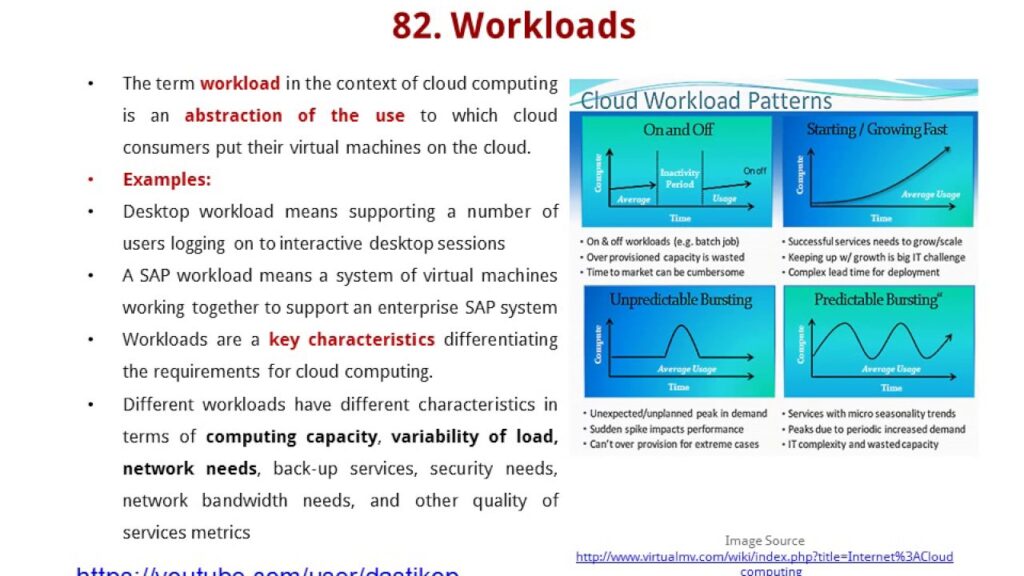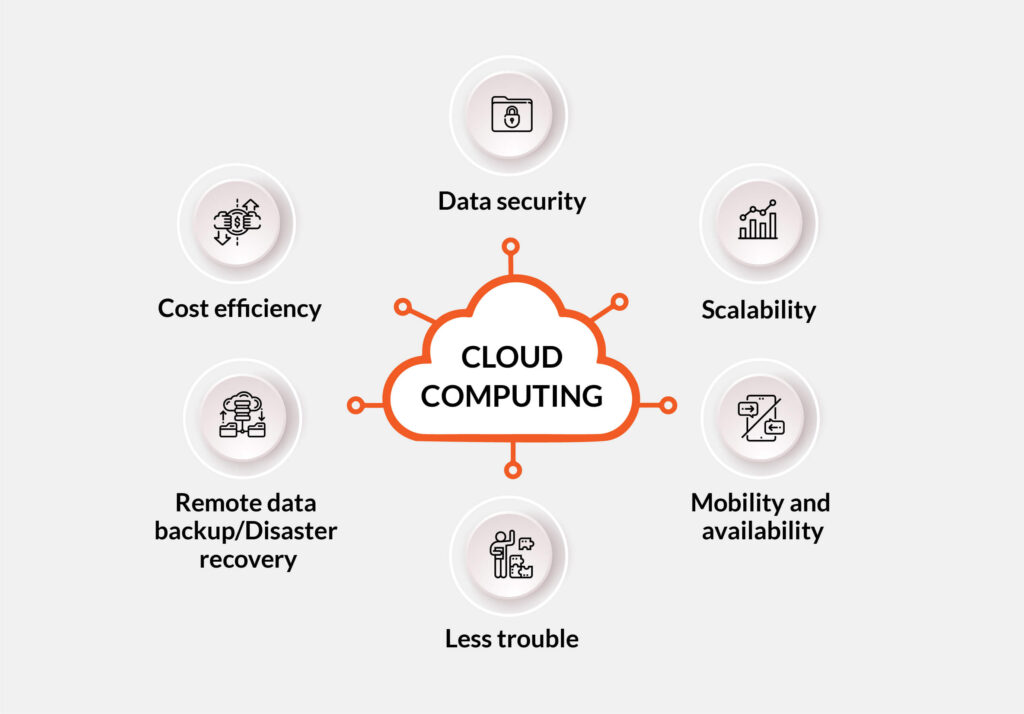The European cloud computing sector is currently undergoing significant regulatory scrutiny, particularly regarding the proposed cybersecurity certification scheme (EUCS) for cloud services. This scheme has sparked discussions among stakeholders about its potential impact on leading cloud service providers like Amazon.com, Google, and Microsoft, as well as broader issues such as data sovereignty and market competitiveness.
According to a report by Reuters, 26 industry associations in Europe have expressed concerns that the EUCS could unfairly disadvantage major companies. They are advocating for a fair approach to the certification scheme to ensure equity in the cloud services market.
The European Commission, along with the EU cybersecurity agency ENISA and member states, are set to meet soon to discuss the EUCS, which has undergone several revisions since its initial proposal in 2020. The scheme aims to help governments and businesses choose secure and trustworthy cloud vendors, given the industry’s significant revenue and projected growth.
Current trends in cloud computing, as highlighted in the Flexera 2024 State of the Cloud Report, show that organizations are increasingly adopting multicloud strategies. Cloud spending is also on the rise, with a growing number of respondents allocating significant budgets to public cloud services.
AWS and Microsoft Azure continue to dominate the cloud platform landscape, with Google Cloud Platform trailing behind. Small and medium-sized businesses are also increasing their utilization of public cloud services, indicating a growing reliance on cloud technologies.
The development of the EUCS has seen revisions to sovereignty requirements, with industry associations advocating for a framework that promotes the free flow of cloud services across Europe. On the other hand, EU-based cloud providers are pushing for stronger sovereignty provisions to protect European data from external access.
The ongoing discourse surrounding the EUCS reflects the complex interplay of cybersecurity, data sovereignty, and market competition in the evolving cloud computing landscape. As decisions are made regarding this certification, they are likely to have a significant impact on businesses and data security in Europe and beyond.
In conclusion, the discussions around the EUCS underscore the importance of balanced and fair regulation in the digital economy. As cloud computing continues to reshape business operations globally, finding the right balance between security, sovereignty, and open markets is crucial for fostering innovation, economic growth, and protecting the rights of individuals and businesses.




European organizations are calling for fair EU cybersecurity practices for big tech companies. They emphasize the need for robust regulations to ensure that these companies adhere to stringent cybersecurity standards, protecting user data and maintaining the integrity of digital infrastructure across Europe. By advocating for these practices, they aim to create a more secure and equitable digital environment that benefits both businesses and consumers.